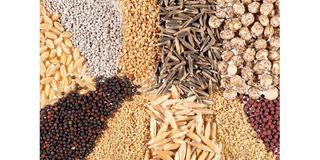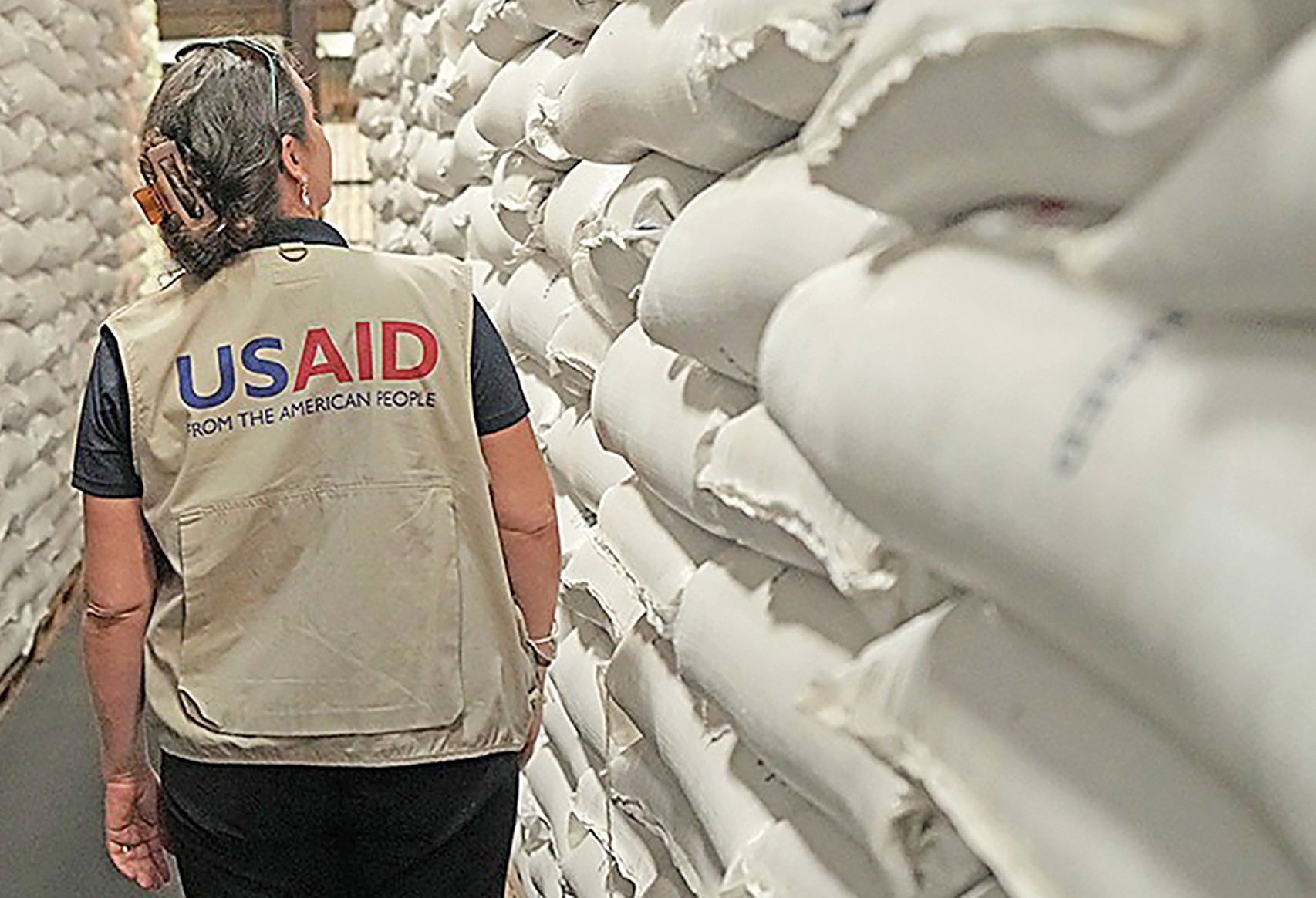Tanzania eyes higher yields as Tari unveils new seed varieties

What you need to know:
- The institute has developed 16 new seed varieties for beans, cashew nuts, and peanuts, all designed to boost yields and improve farming outcomes
Dar es Salaam. The Tanzania Agricultural Research Institute (Tari) has developed 16 new seed varieties of beans, cashew nuts, and peanuts that will be used in the 2024/2025 farming season.
The National Seed Committee (NSC) approved the seeds after the research discovered that they could boost yields; they are resistant to diseases and mature early.
Tari’s peanut research expert Dr Happy Daud said that the newly discovered peanut seeds also have a short growth cycle and are not susceptible to diseases that commonly affect other peanut varieties.
“The seeds include six varieties of beans: TariBean 6, TariBean 7, TariBean 8, TariBean 9, TariBean 10, and TariBean 11; and two varieties of peanuts: Tarika 1 and Tarika 2, are not easily affected with diseases,” she said.
Additionally, eight superior varieties of cashew nuts have been discovered under names Tariko-1 to Tariko-8.
Regarding cashew nuts, Tari- Naliende, cashew nut researcher and head of Seed Discovery and Production Dadili Majune, highlighted that these new seeds exhibit resistance to blight disease and meet all international market quality standards.
Mr Majune further noted that the discovery of new seeds variates will reduce the need for pesticides against blight disease in cashew nut farming.
Mr Reinfrid Maganga, a researcher at Tari-Uyole and National Coordinator for beans, stated that the six bean varieties discovered not only yield higher but also possess other diverse qualities. For instance, TariBean 6 is rich in zinc and iron compared to current varieties.
TariBean 7, belonging to the Rosekoko species, shows significant resistance to anthracnose and rust diseases.
TariBean 8, known for its large grains, quick ripening, sweetness, and excellent market performance, was also highlighted.
This continues the results of research and seed discovery by Tari, the institute responsible for coordinating agricultural research in Tanzania.
In 2023, it registered five new grape varieties for use in the 2023/2024 farming season,” he said.



